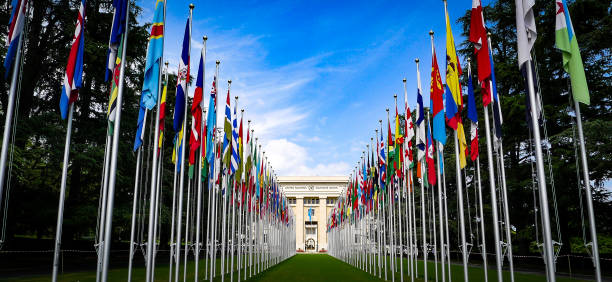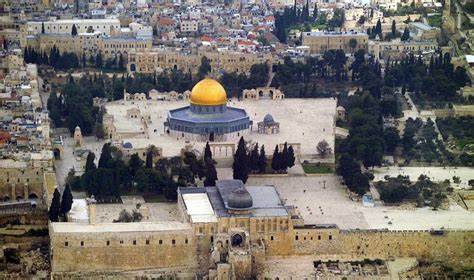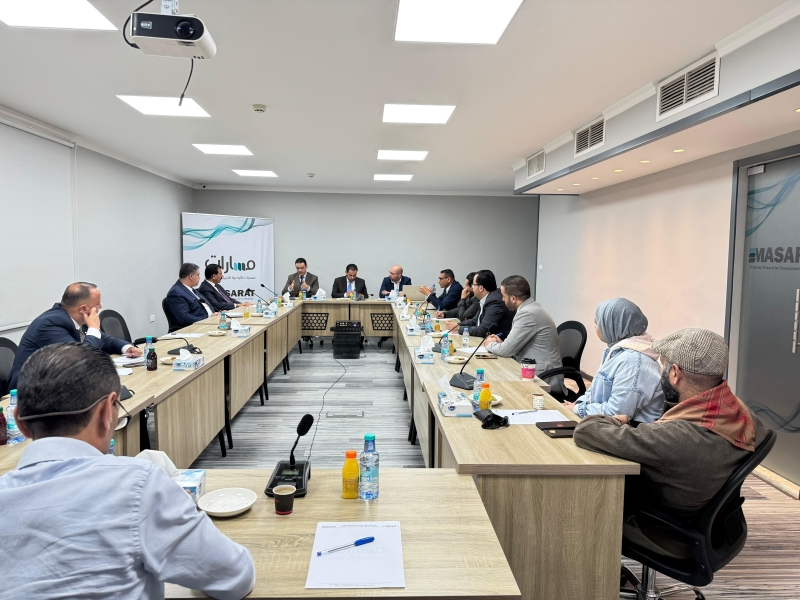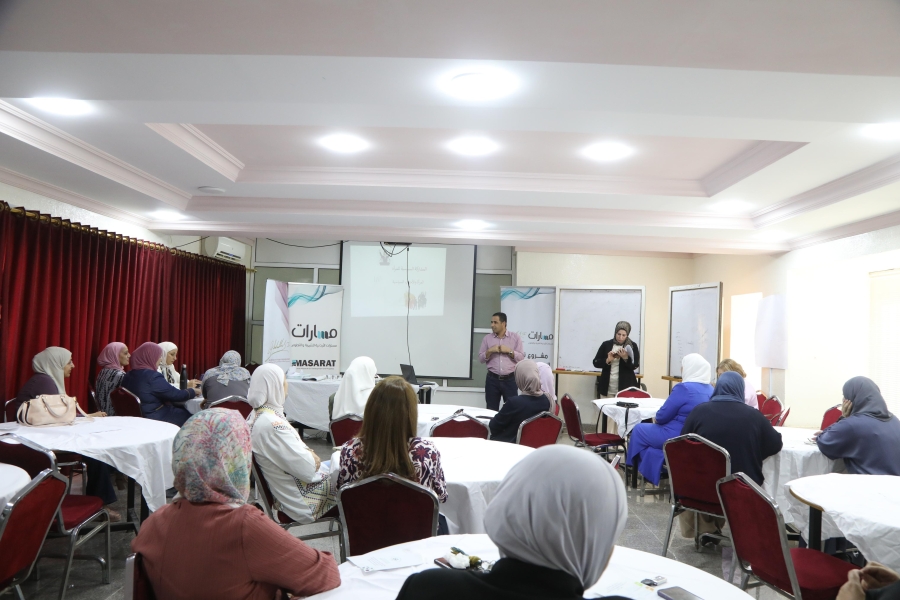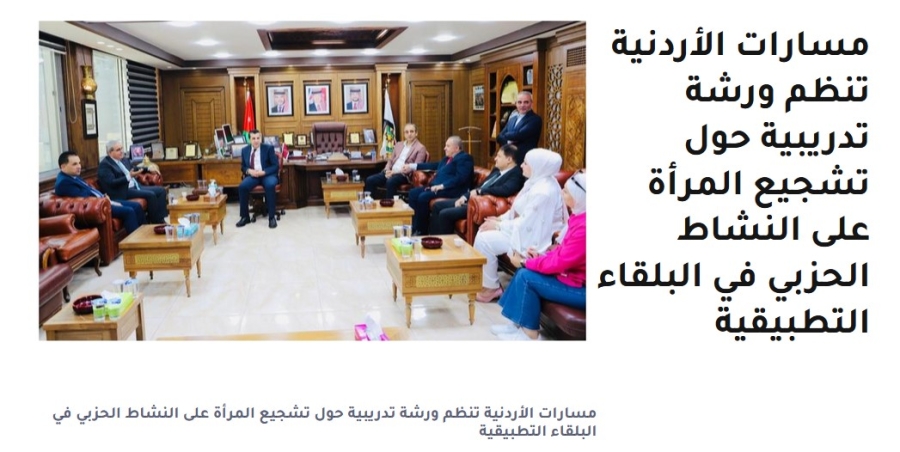Al-Maaytah sponsors the launch of a project to train academic women in party work

Al-Maaytah Sponsors the Launch of the "Training Female Academics on Party Work" Project
Amman, May 23 (Ammon) – Chairman of the Independent Election Commission, Musa Al-Maaytah, emphasized the importance of supporting civil society organizations and partners in activities and training sessions that bolster the political modernization framework, aligning with Jordan’s national vision.
Speaking at the launch of the "Training Female Academics on Party Work" project, organized by Masarat Foundation for Development and Progress in partnership with the King Abdullah II Fund for Development (KAFD), Al-Maaytah highlighted the pivotal role of female academics in transferring knowledge from party work training to students. He stressed that modernization is a gradual process and cannot occur overnight.
Al-Maaytah noted that achieving a parliamentary government requires a shift to organized collective work rather than individual efforts. He reiterated that the success of collective work and political parties does not rely on individual capabilities but on structured collaboration. He emphasized that organized collective work within parliament is the only path to an effective parliamentary government.
He concluded by commending the model of elections at the University of Jordan, describing them as a hallmark of democracy, and expressed hope for achieving similar participation levels in the upcoming parliamentary elections.
Statements from Key Officials
Minister of Political and Parliamentary Affairs, Haditha Jamal Al-Khraisha, remarked that the launch of this project coincides with the kingdom’s 78th Independence Day celebrations. He emphasized that Jordan, under its wise leadership, has upheld democratic principles since the era of the founding king through to the reign of King Abdullah II, who believes in the essential role of Jordanian citizens in all areas of development.
Al-Khraisha pointed out that Jordan, despite regional challenges, has consistently demonstrated itself as a state of institutions and laws, with constitutional obligations proceeding as scheduled. The parliamentary elections will take place on time this year, under laws that entrench political pluralism and provide greater opportunities for youth and women.
He noted that King Abdullah II’s initiative to form the Royal Committee for Modernizing the Political System aimed to enhance democracy and political participation based on pluralism and party systems. This effort aims to establish a programmatic parliament that meets Jordanians' aspirations and serves as a foundation for political blocs.
Al-Khraisha highlighted that Jordan’s lawmakers have provided all the necessary tools for transitioning to a pluralistic society. The political parties law enhances women’s representation by requiring at least 20% of party members to be women and emphasizes women’s leadership within parties. The election law also ensures significantly increased representation for women in parliament compared to previous sessions, paving the way for their sustainable and active participation in decision-making processes.
He noted the government’s commitment to this vital project, having implemented activities and programs with university students and faculty members teaching civic education courses. These initiatives aim to integrate political modernization concepts into educational curricula, instilling democratic values and civic awareness among students.
Insights from KAFD and Masarat Foundation
Director of KAFD, Mazen Tblett, expressed pride in launching the "Tamkeen" initiative to support political projects. The initiative coincides with King Abdullah II’s silver jubilee and aligns with the ongoing political modernization process. He stated that the project provides financial support for ideas and initiatives while collaborating with public and private sectors and civil society organizations.
Tblett outlined that this phase of the "Tamkeen" initiative supports 10 projects, including:
- Systematic understanding of party distribution and alliances in Jordan.
- Equipping parties to use digital media and create content to promote their objectives.
- Providing female academics in universities with leadership skills and decision-making capabilities, enabling effective participation in party work.
- Empowering Jordanian youth for active political participation, particularly in the upcoming parliamentary elections.
- Training female leaders interested in running for elections in public speaking and gaining support across Jordan’s regions.
- Developing developmental programs that serve public interests.
Chairwoman of Masarat Foundation, Reem Abu Hassan, welcomed attendees and expressed hope that the project would drive positive political transformation and foster a progressive political landscape and strengthened democratic institutions.
Abu Hassan emphasized that the project aligns with KAFD’s efforts to support party work and reflects the national reform agenda led by King Abdullah II. It seeks to integrate women into political participation, consistent with His Majesty’s vision of creating a dynamic, responsive political system that leverages Jordan’s diverse talents.
She highlighted that the project aims to dismantle barriers historically hindering women’s full participation in politics. The initial phase successfully trained over 150 female academics and students, equipping them with tools to navigate the political landscape and challenge traditional norms. With tailored support and training, women have demonstrated their ability to excel in leadership roles within political parties.
The project also plans to deepen its impact by introducing advanced units on leadership, strategic negotiation, and public policy development, preparing women not only for political participation but also for leading and reshaping political discourse.
Post-Launch Panel Discussion
Following the opening session, a panel discussion featured:
- Dr. Anis Mansour, member of the Higher Education Council, representing the Minister of Education and Higher Education, Dr. Azmi Mahafzah, who discussed the role of education in promoting political participation.
- Dr. Ali Al-Khawaldeh, Secretary-General of the Ministry of Political and Parliamentary Affairs, who addressed overcoming challenges in women’s political participation.
- Dr. Amal Al-Awadah, Director of the Women’s Studies Center at the University of Jordan, who emphasized the importance of women in party work.
- Dr. Batoul Al-Muheisen, Director of Princess Basma Center for Women’s Studies at Yarmouk University, who highlighted the role of academic institutions in promoting political engagement.
- Dr. Aida Abu Tayeh from Al-Hussein Bin Talal University, who discussed the role of female academics in shaping political discourse.


